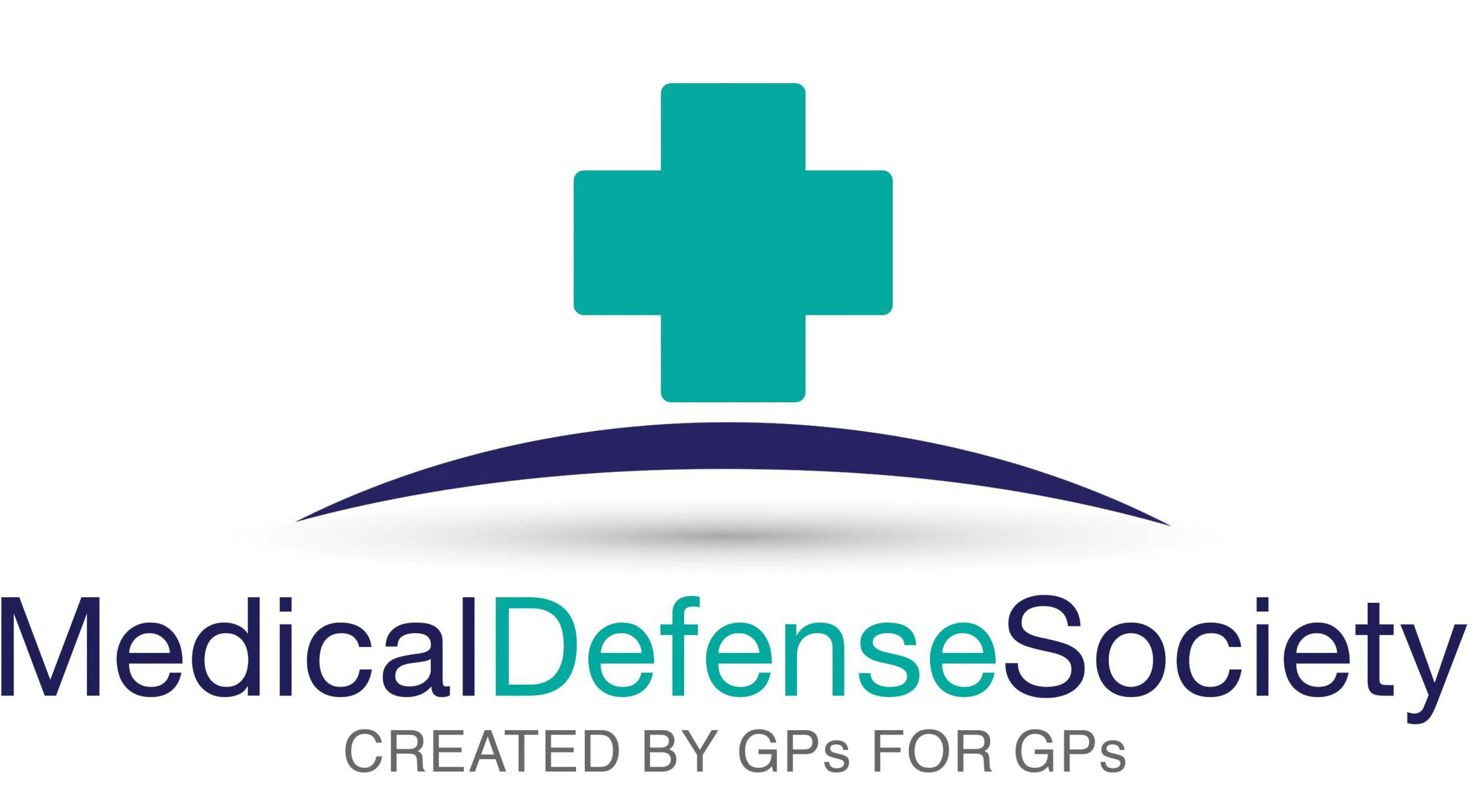The world of weight management is evolving, with several interesting developments announced in 2023, including updated National Institute for Health and Care Excellence (NICE) guidelines on pharmacological treatments, referrals for surgery and digital weight-management technologies, as well as new evidence on how GPs can best support patients.
Since primary care is often a first port of call for obese patients wanting to manage their weight and associated health conditions, it is important that GPs keep abreast of these new developments to provide the most effective support and direct patients to the most appropriate services.
GP support for weight management
Guidelines recommend that GPs screen for obesity (defined as a body mass index [BMI] ≥30 or ≥27.5 for people of Black, Asian and other minority ethnic groups) and offer patients support with weight management. However, many are hesitant to discuss the issue with patients for fear of causing offence and because they have limited knowledge of the most effective approaches.
Reassuringly, evidence shows that GPs can proactively offer weight management support in a way that is acceptable to patients. Indeed, new research has shown that a positive approach is most effective to encourage patient participation and weight loss. GPs are advised to offer patients the ‘opportunity’ to be referred for free specialist weight management services. Such conversations with patients should recognise the need for sensitivity, shared decision making and informed consent.
Many primary care practices will have signed up to the weight management enhanced service. One requirement is the appropriate training of healthcare staff involved in conversations around obesity. GPs may complete the health weight coach e-learning programme, and use other learning resources, such as those from Public Health England, NHS England, RCGP and The Nuffield Department of Primary Care Health Sciences.
Specialist weight management services
Primary care practices should maintain details of available specialist weight management services, such as:
- Community-based support (including commercial providers)
- Multidisciplinary clinics providing non-surgical intensive medical management
- Secondary care services providing bariatric surgery and support
- NHS Digital Weight Management Programme for patients with hypertension and/or diabetes
- NHS Diabetes Prevention Programme for individuals with non-diabetic hyperglycaemia
- NHS Type 2 Diabetes Path to Remission Programme where the pilot is available (additional regions from September 2023)
- Paediatricians with a special interest in obesity.
One option that may ease access to specialist weight-management services is provided by recent NICE guidance detailing new digital weight-management technologies. Some of these will enable remote prescription of weight-management medicines. Importantly, a referral and full clinical assessment is needed before offering access to treatments through these technologies, which will not suit every patient.
The new obesity drugs
Patient demand for weight management medicines is growing as the options continue to expand. As of November 2023, NICE-recommended pharmacological treatments for weight management are:
- Orlistat, which can be prescribed by GPs or obtained at a lower dose in pharmacies
- Liraglutide (Saxenda®) and semaglutide (Wegovy®), which must only be prescribed in secondary care by specialist weight management services, alongside a reduced-calorie diet and increased physical activity. Semaglutide may be used for a maximum of two years.
Furthermore, the Medicines and Healthcare products Regulatory Agency (MHRA) licensed tirzepatide (Mounjaro) for weight loss in November; a decision by NICE is expected in March 2024.
GPs prescribing any medicines for weight management should discuss with the patient the potential benefits and limitations, and offer information, support and counselling. NICE recommends considering pharmacological treatment only after dietary, exercise and behavioural approaches have been started and evaluated.
Be aware that due to supply issues with semaglutide (Ozempic) for type 2 diabetes, caused in part by off-label prescribing for weight loss, GPs should only prescribe this for its licensed indication.
In June, the government announced a two-year pilot to expand specialist weight management services, including evaluation of how GPs could safely prescribe the new weight loss medicines. However, these pilots are still under development and further details are needed.
Update on referral for bariatric surgery
Updated NICE guidance on when to refer adults for assessment for bariatric surgery says that patients no longer need to be generally fit for anaesthesia and surgery and receiving support from a tier 3 weight management service, since this requirement may be a barrier to treatment.
NICE recommends offering eligible adults a referral for “a comprehensive assessment by specialist weight management services providing multidisciplinary management of obesity to see whether bariatric surgery is suitable for them”.
Eligible adults will have a BMI of 40 kg/m2 or more, or between 35 kg/m2 and 39.9 kg/m2 with a significant health condition that could be improved if they lost weight, and they must agree to long-term follow up. For people of South Asian, Chinese, other Asian, Middle Eastern, Black African or African-Caribbean family background, referral should be considered at a lower BMI threshold (reduced by 2.5 kg/m2).
Referral for expedited assessment for bariatric surgery is recommended for certain patients with recent-onset type 2 diabetes.
Note that a new NICE guideline is expected in February 2024 for use of a minimally-invasive weight loss procedure (endoscopic sleeve gastroplasty) as an alternative to bariatric surgery.
Medical Defense Society has a team of experts on hand to offer support and advice to GPs. Please get in touch if you have any questions about provision of weight management support.


Recent Comments